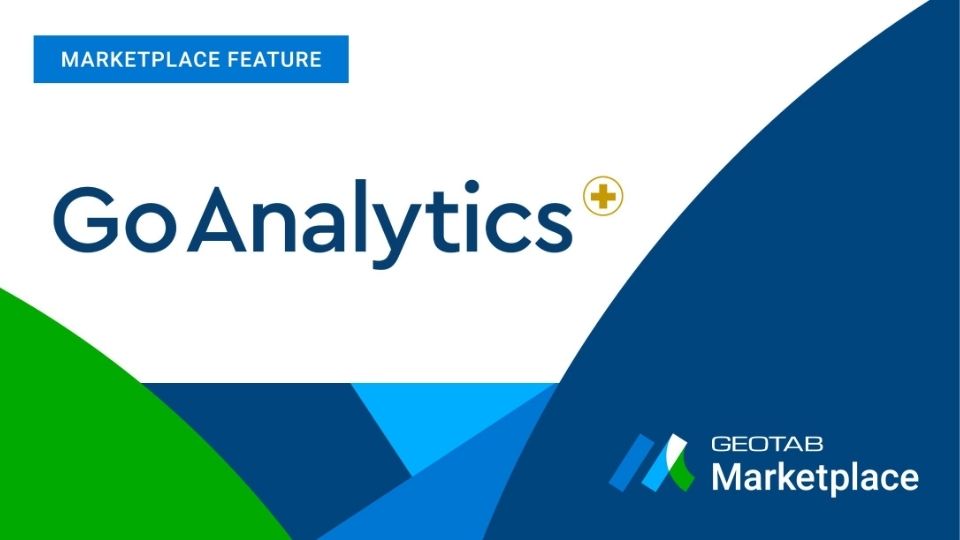Edward Kulperger on Rethinking Delivery Routes for Healthier Neighborhoods
We're all responsible for making our air cleaner and safer. At Geotab, we're doing more than just planning better delivery paths to reduce pollution; we're also making sure our emission-tracking methods are precise and verified.

Senior Vice President, Europe at Geotab
Apr 3, 2024
Updated: Aug 21, 2024

Europe's city streets face a growing problem. As home deliveries increase, so does the air pollution. We at Geotab are supporting the industry charge to improve this, as outlined in the latest Geotab Sustainability and Impact Report.
The World Economic Forum Forecast tells us that delivery truck emissions could jump by 32% by 2030. Traffic jams might also get 21% worse, making our drives to work over 11 minutes longer every day. For delivery drivers, the wait will be even longer.
We're all responsible for making our air cleaner and safer. At Geotab, we're doing more than just planning better delivery paths to reduce pollution; we're also making sure our emission-tracking methods are precise and verified. What's more, we're helping fleet managers keep an eye on how much carbon dioxide their vehicles emit. Today's businesses need to report these figures due to environmental guidelines, and transportation plays a big role in that.
The European Corporate Sustainability Reporting Directive (CSRD), introduced last year, is a policy requiring large companies and public interest entities in the EU to disclose information on their ESG performance annually. That’s something that here at Geotab we help companies to monitor and report on their fleet emissions.
Geotab also enables companies to improve the safety, productivity and sustainability of their transport operations. We do that using real-time data and actionable insights.
Our goal is to marry efficiency with ecological care. Processing 75 billion data points daily and providing data insights to guide strategic planning and day-to-day operations, we can help fleets choose more optimal paths through cities, which nowadays often have special low-pollution zones.
Another way we fight pollution and traffic is by helping companies reduce vehicle idling. This is not only beneficial for the environment and businesses, but also for health and well-being. By cutting down on very fine dust particles, such as rubber compounds from tyres in the air, known as PM or particulate matter 2.5, we can really clean up city streets.
With the switch to electric vehicles (EVs) for deliveries, we're moving to a future where city air is a priority. These vehicles—and even e-cargo bikes—mean deliveries can be green and efficient. And it’s not just about EVs. We’re also using data to keep vehicle batteries running longer on conventional vehicles. This way, we’re helping organizations from disposing of their batteries too soon, harming the environment.
Tyres wear down, too, and the particles they shed are a significant health problem that the major tyre companies need to address at the source. By managing routes better, we're helping to cut down on this type of waste as well, not just pushing for more tyre use—as some manufacturers might.
Looking ahead, we're excited about new ways to encourage drivers to be more eco-friendly. This is exactly what we have done at the German bus operator DB Regio. With more than 5,000 vehicles in the fleet, it analyzes more than 6 billion data points every month. It has used gamification on the MyGeotab platform to enhance driver performance. As a result, it has reduced idling by 65%, saving several thousand litres of fuel and eliminating 90,000 metric tonnes of CO2.
All of these efforts together aren’t just minor adjustments—they represent a big leap towards a greener planet. Geotab is dedicated to this cause, and working with our customers in making sure the changes we make today help build better communities across Europe for the future.
Subscribe to get industry tips and insights

Senior Vice President, Europe at Geotab
Edward Kulperger is the Senior Vice PresidentSVP for Geotab EMEA, focusing on expanding Geotab's global footprint.
Subscribe to get industry tips and insights
Related posts
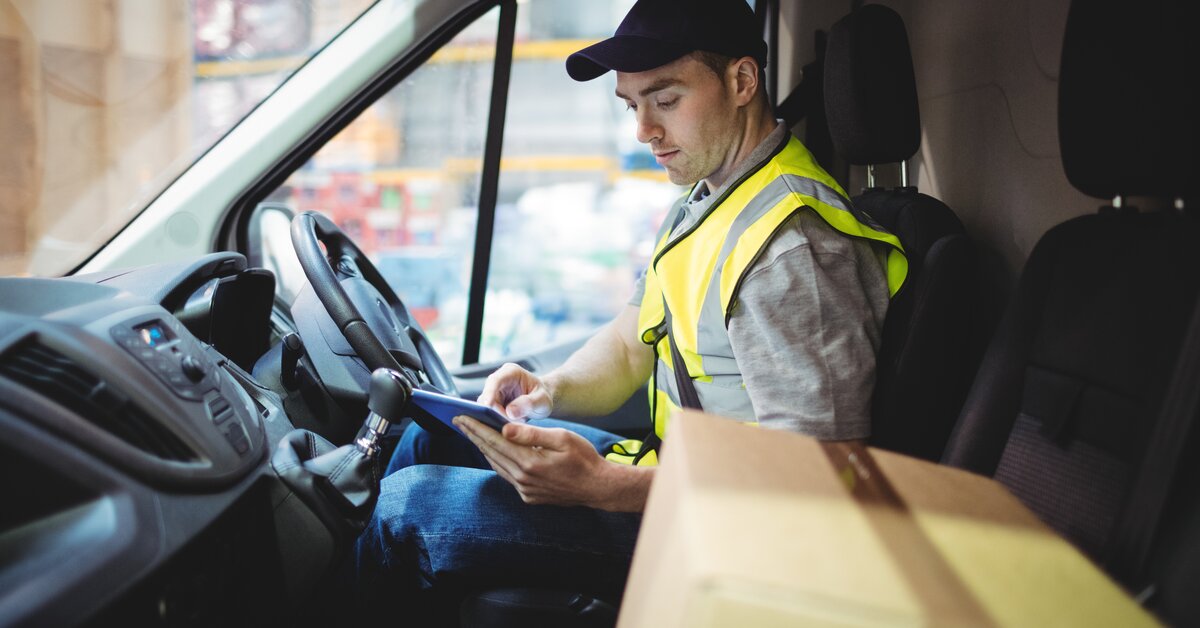
.jpg)
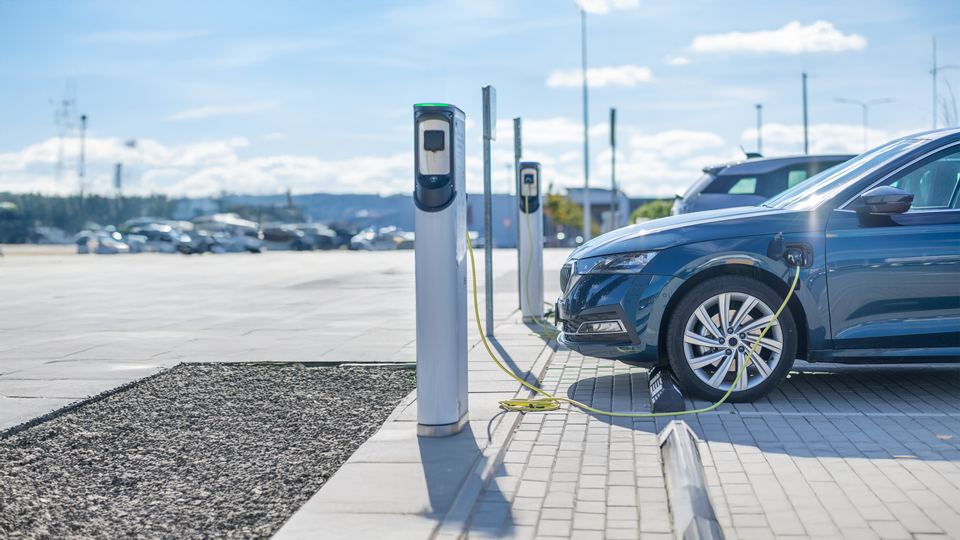
Beat the Heat: Easy Ways to Maximize Your EV Range This Summer
June 19, 2025
2 minute read
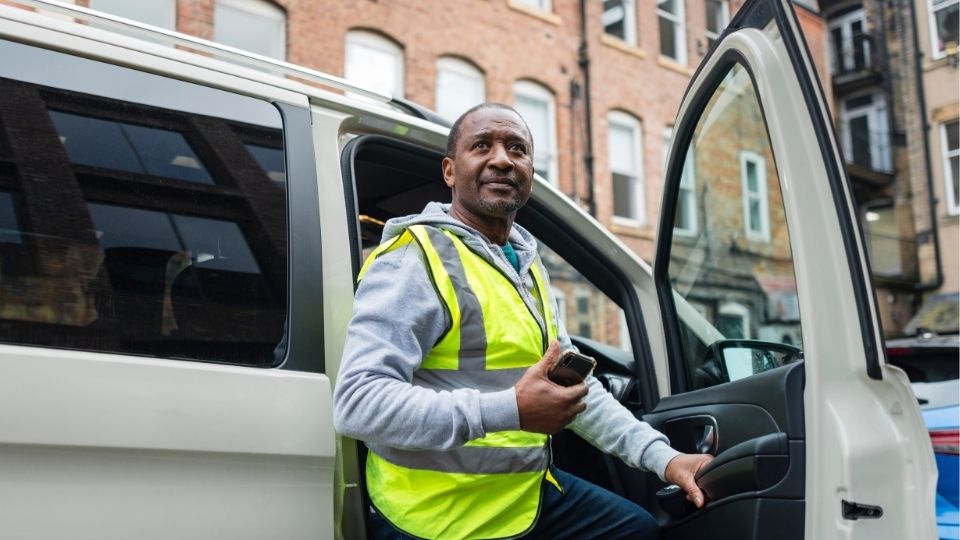
Small Steps, Big Impact: The Transformative Power of AI in Field Service
June 11, 2025
2 minute read
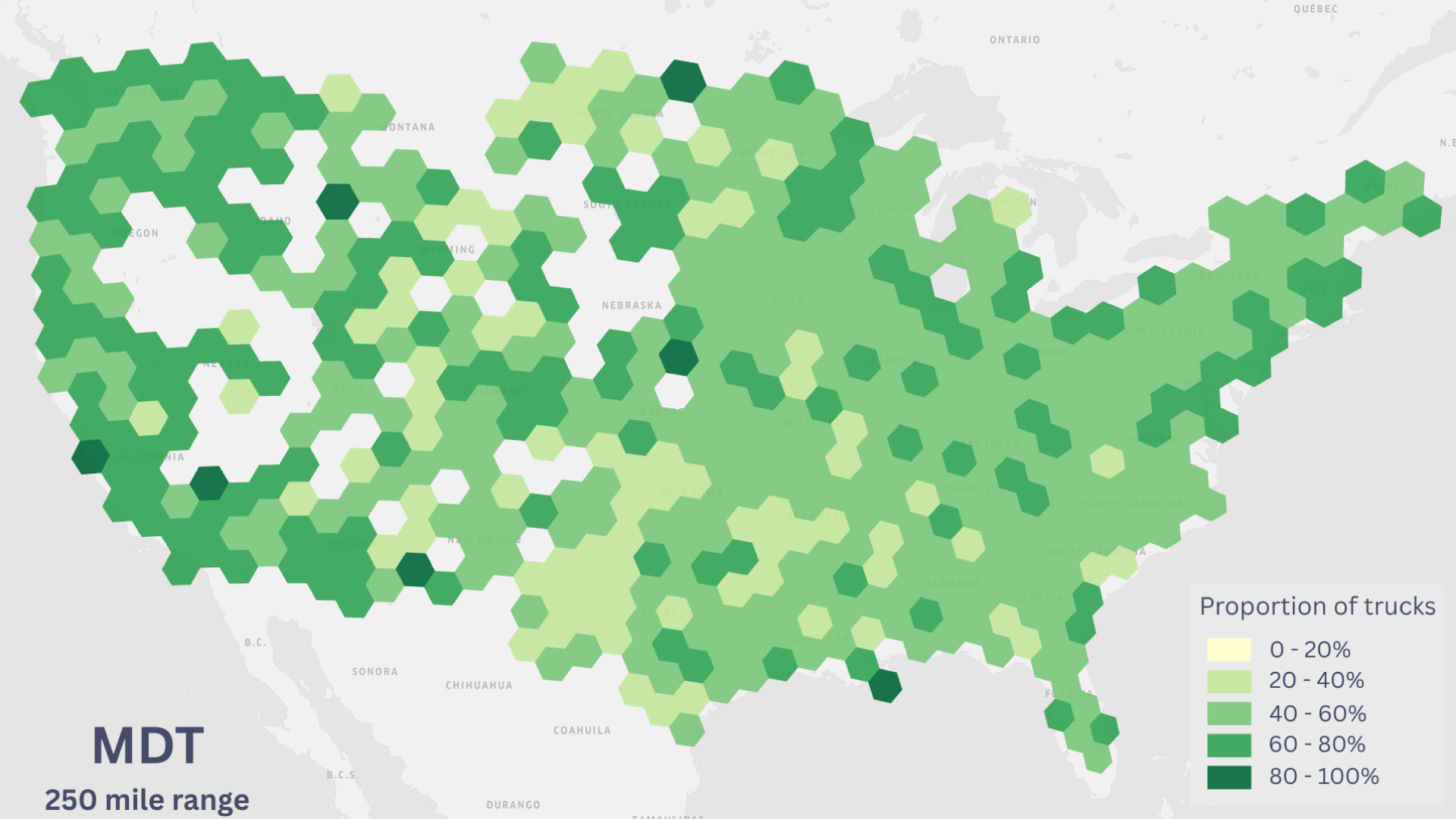
Charlotte Argue: Breaking down cost barriers for electric fleets
June 5, 2025
4 minute read
